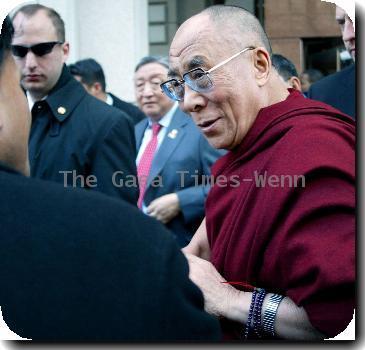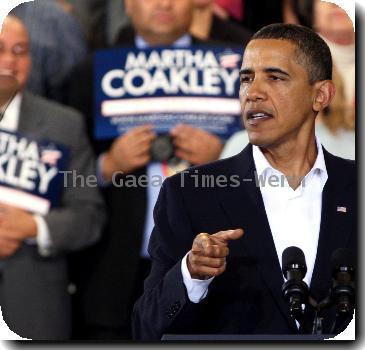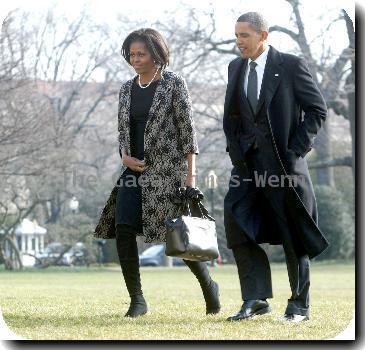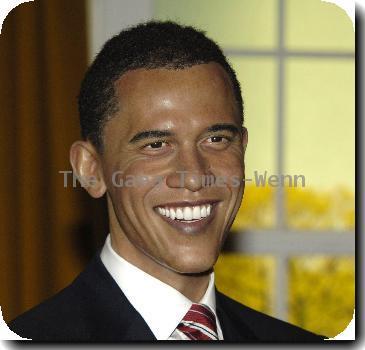Countries launch new round of climate talks, disagree on future course after Copenhagen
By APFriday, April 9, 2010
Post-Copenhagen climate talks begin amid discord
BONN, Germany — The United States gave a spirited defense Friday of the threadbare agreement reached in Copenhagen against a barrage of criticism that the deal was struck by “a select few” that cast doubt on its legitimacy.
Differences were striking as countries began the first round of climate talks since the disappointing summit in the Danish capital in December, which yielded a result far short of the goal set two years earlier of a new agreement to control greenhouse gases blamed for raising the Earth’s average temperature.
Delegates were in disagreement about whether that missed 2009 deadline should be reset for this year, or whether to set their sights lower for an agreement on the architecture of what the final deal should look like. Also unclear is whether any agreement would be legally binding.
Few delegates believed a final agreement is possible this year, and probably will wait until the end of 2011.
Chief U.S. delegate Jonathan Pershing said the three-page deal brokered in Copenhagen by President Barack Obama with China and other developing countries was “a significant milestone in our collective effort” to limit global warming to manageable levels.
It prompted dozens of countries to register what they will do to reduce or limit the growth of carbon emissions, he said, and it set up provisions to raise nearly $30 billion over the next three years to help poor countries combat the effects of climate change, ramping up to $100 billion a year by 2020.
“Amazing. We should not drop that or lose that,” Pershing told negotiators from 175 countries.
The agreement, while scoring breakthroughs on key issues, has been criticized because all commitments on emissions are voluntary rather than binding, and because it set goals without indicating how they could be reached.
Pershing said the deal was done by a small group of international leaders after the U.N. negotiating process failed following two years of talks to resolve the crunch issues. It could only be accomplished because of the attendance of some 120 heads of state or government at Copenhagen, history’s largest environmental summit.
“Getting that deal was hard. Every country gave up something,” Pershing said. Over the next several months about 120 countries sent letters to the U.N. climate secretariat associating themselves with the accord.
Still, the manner in which the deal was made in 36 hours of frenetic back-room negotiation came under concerted attack Friday, as delegates tried to come up with a plan on how to continue the negotiations.
The words, “inclusiveness, transparency and legitimacy” were repeated in statements by country after country on the opening day of the three-day meeting, called to draw up a work program leading up to the next major conference in Cancun, Mexico, Nov. 29-Dec. 10.
In the final session of Copenhagen that went through the night and into the next afternoon, five countries opposed the accord, leaving it short of a consensus. It was merely “noted” by the conference.
Now negotiators are debating whether to continue talks on the basis of the Copenhagen deal or return to a draft agreement that was being negotiated by all 194 countries participating in the U.N. process. That draft was riddled with hundreds of paragraphs in brackets, indicating they were still in dispute.
“How do you build on an agreement that has no legal status here?” said Elliot Diringer, of the Pew Center for Global Climate Change. “That is the conundrum we are left with after Copenhagen.”
African nations said the Copenhagen Accord was done by “a selected few,” and any further attempt to bypass the majority “will obstruct the process.”
“To repair this damaged process we must learn the lessons from Copenhagen,” said Congolese delegate Nsisli Tosi Bibande Mpanu Mpanu, speaking for the Africans. “They broke the trust that is necessary for any partnership,” he said.
Abdullah M. Alsaidi of Yemen, representing some 135 developing countries, said negotiations must be centered on the U.N. talks, which are divided into two unwieldy committees.
Australian delegate Louis Hand, speaking for a group that includes the U.S., Japan, Russia and others, said the Copenhagen agreement gave “vital political direction” to the negotiations and was “a package of action” that provided a breakthrough on one of the key elements of an agreement — financing.
“The parties are still talking past each other,” said Annie Petsonk of the Environmental Defense Fund after the opening session. “If that continues, we may see more energy going into parallel processes,” she said, referring to informal meetings of smaller groups outside the U.N. framework.
Mexico, which will chair the Cancun conference, has been holding private consultations to establish what will be within reach at the crucial end-of-year conference.
“Progress requires adjustment and modernization” in the negotiating process, said Mexico’s chief negotiator Fernando Tudela.
“Gone is the time for reiterating positions,” said Mexican ambassador Fernando Tudela.
Tags: Barack Obama, Bonn, Central America, Climate, Copenhagen, Denmark, Environmental Concerns, Environmental Policy, Europe, Germany, International Agreements, Latin America And Caribbean, Mexico, North America, United States, Western Europe





